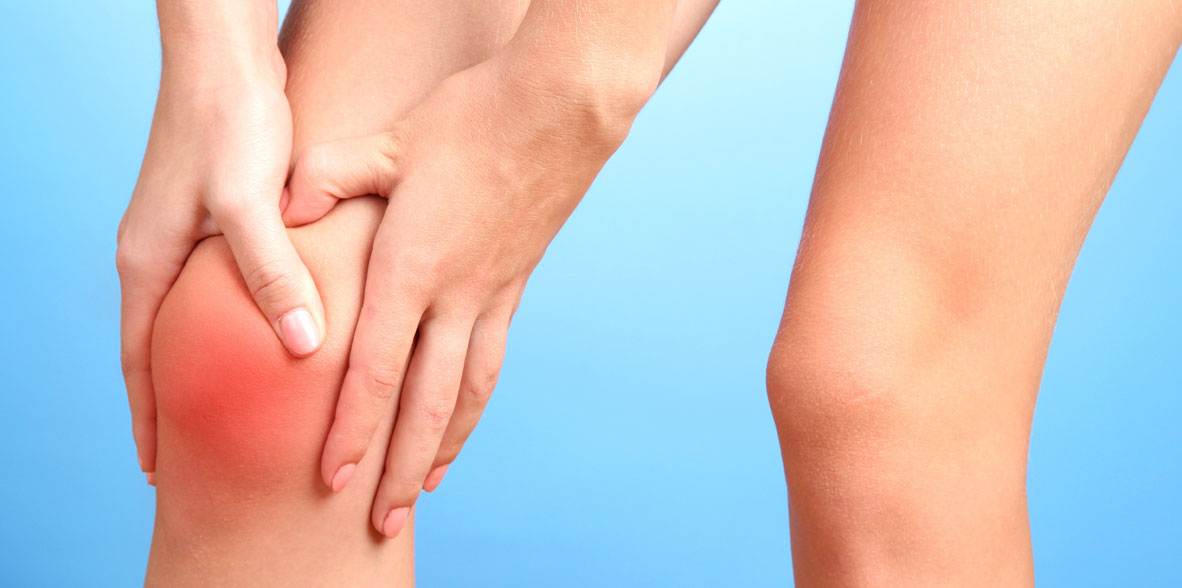

 Centro Médico Teknonen/health-centers/centro-medico-teknon
Centro Médico Teknonen/health-centers/centro-medico-teknon- Centro Médico Teknonen/health-centers/centro-medico-teknonHospital Universitari General de Catalunyaen/health-centers/hospital-universitari-general-catalunya
 Centro Médico Teknonen/health-centers/centro-medico-teknonHospital Universitari Sagrat Coren/health-centers/hospital-universitari-sagrat-cor
Centro Médico Teknonen/health-centers/centro-medico-teknonHospital Universitari Sagrat Coren/health-centers/hospital-universitari-sagrat-cor
Sjögren's syndrome is a chronic autoimmune disease that mainly affects the exocrine glands, such as the salivary glands and lacrimal glands, causing dry mouth and eyes. It can also affect other parts of the body, such as the joints, lungs, kidneys, and nerves. The steps for the diagnosis and treatment of Sjögren's syndrome are described below.
Diagnosis:
Evaluation of the patient's symptoms, such as dry mouth and eyes, fatigue, joint and muscle pain, among others.
Physical exam to assess for dry mouth and eyes, and any other manifestations of the disease.
Laboratory tests, such as blood and urine tests, to detect specific antibodies associated with Sjögren's syndrome.
Salivary gland biopsy to assess for inflammation and damage to the exocrine glands.
Treatment:
Symptomatic treatment to relieve dry mouth and eyes, such as the use of saliva substitutes, artificial tears, and medications that stimulate saliva and tear production.
Treatment of inflammation and damage to the exocrine glands, such as the use of corticosteroids or immunomodulators.
Treatment of complications such as infections, arthritis, and neuropathy.



































